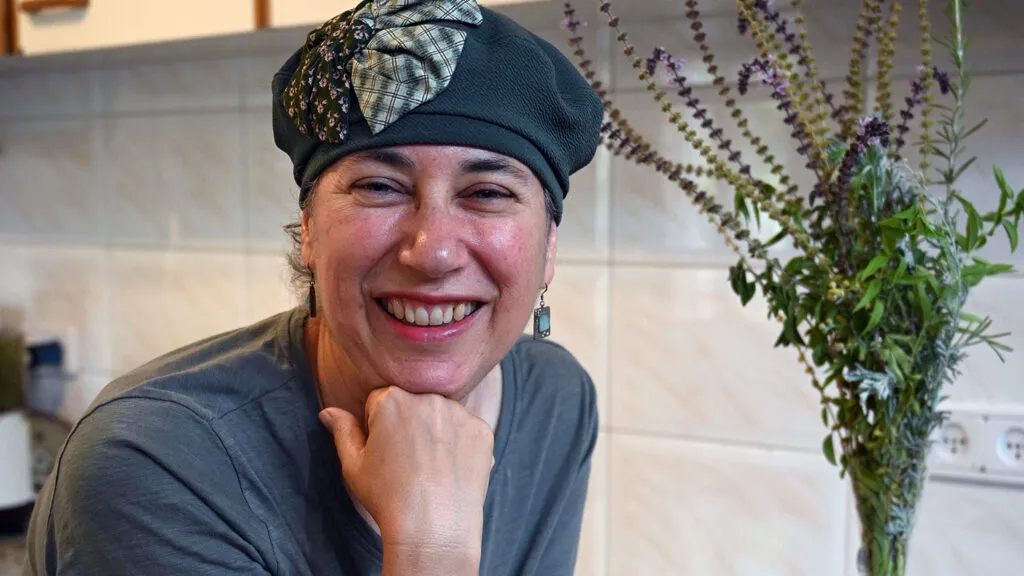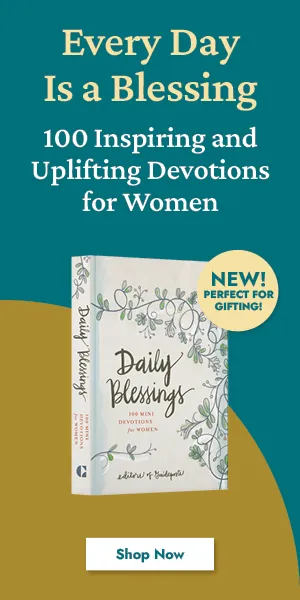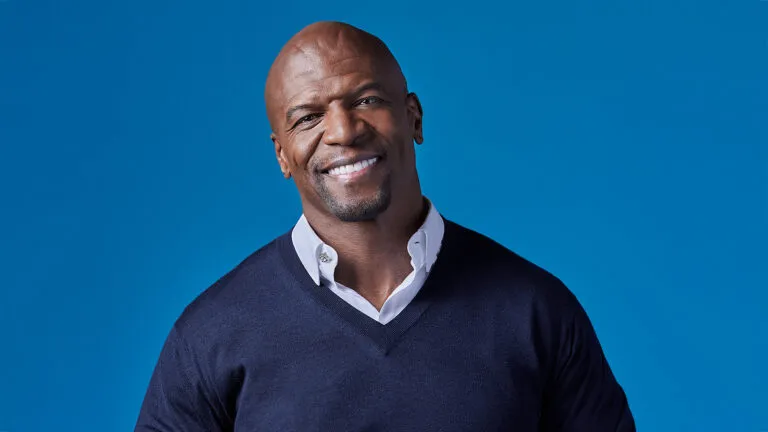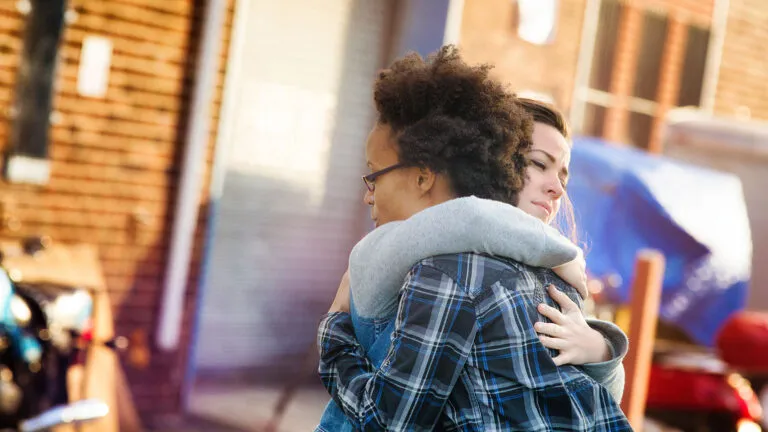There is a word in Hebrew for people like me, those who choose to leave their country and move to Israel: We are called olim, from the word la’alot, meaning to rise or “go up” to the land. We step into the unknown, away from our family and friends, our jobs, our comforts and our mother tongues to fulfill the destiny God promised Abraham and his descendants.
Almost 30 years ago, my husband, Jeff, and I left Maryland and moved to the southern city of Beer Sheva, the cultural capital of the Negev desert. Jeff’s sister had moved there several years earlier, and what she told us about life in Israel spoke to a longing in our souls.
We were in our twenties, seeking something we hadn’t been able to find anywhere else—a spiritual belonging. We wanted to feel closer to God and be among other religious Jews. That didn’t mean leaving everything we knew behind would be easy. Trekking halfway around the world to start a new life, becoming impoverished in a second language.… We’re like Abraham himself, I thought.
Abraham had journeyed to what is now Beer Sheva, led only by God’s calling. Had our patriarch been as nervous as we were? He struggled to make a life. When locals stole from the wells that Abraham had built, he was forced to confront the Philistine king Abimelech.
The two men swore an oath that Abraham owned the wells, and the oath was sealed when Abraham gave Abimelech seven ewes. That’s how Beer Sheva got its name, be’er meaning “well,” and sheva meaning both “oath” and “seven.”
If Abraham could do it, then so can we, I told myself. Surely Jeff and I could build a life in Israel as fulfilling as the one we’d left behind. More fulfilling. Wasn’t that why we’d been drawn here?
I enrolled in a government-sponsored language class to improve my Hebrew. Surrounded by Russians, South Americans and Ethiopians who had also immigrated to Israel, I struggled to conjugate verbs, memorize vocabulary and refine my accent. Who knew that the word for “interview” (ra’ayon) sounded just like “pregnancy” (herayon)? These two words would define my biggest struggles in my new land: starting a family and finding a job.
Learning Hebrew was necessary not only for conducting everyday communication but for making prayers in synagogue—which date back to the time of the Roman destruction of the Second Temple in Jerusalem, some 2000 years ago—more meaningful and accessible.
But no matter how hard I tried to assimilate, Israelis spoke to me in English. Everyone from the checkout clerk to kids walking to school heard me stumbling in my thick American accent and decided it was easier to practice their English.
“Cama ze?” I asked, holding up a bilingual greeting card.
“Fifteen shekels,” said the shop owner in English.
I was devastated. Would I forever be considered a foreigner in my ancestral homeland?
Jeff and I also nursed dreams of raising a large family. I came from a family with two kids, while Jeff was the youngest of four. We wanted at least four children of our own. When a year passed without us conceiving, we went to the top fertility specialist in Beer Sheva.
“Israel provides free treatments,” said the doctor, “including IVF for the first two children up until a woman turns 45 years of age.” We were thrilled. we tried IUI and many rounds of drugs before we got the results we were hoping and praying for. Throughout that time, my heart sank on a monthly basis. Was our dream of a perfect life in Beer Sheva slipping away?
We carried on, joining a synagogue, a small, squat structure down a brick path behind an elementary school. The members hosted us in their homes; drove us to the best shopping centers for appliances, housewares and groceries; and gave us sage advice.
We, in turn, welcomed them into our home. If Abraham could have an open tent policy, why not us?
I was hopeful but still hurting. One day as I trudged up the stairs after yet another disappointing doctor’s appointment, my neighbor Leah spotted me.
“Miriam,” she said, “come here.” She pulled me into her arms. “Did you know that I had trouble getting pregnant too?”
How had she discovered my secret?
I felt lighter when Leah opened her heart to me about her infertility, inviting me to do the same. Talking to Leah made what had been a taboo subject more emotionally manageable. Jeff and I eventually succeeded—with God’s help and an amazing array of doctors— in birthing three healthy children. We were blessed with countless babysitters and playmates for them.
At the same time that Jeff and I were struggling to start a family, I was struggling to find a job. I’d worked at the Federal Reserve Board in the U.S., but here one employer after another dismissed my application because I didn’t know enough Hebrew. I finally landed a job, only to have my boss call me into his office after just one week.
“Miriam,” he said, “this isn’t going to work. You are woefully inadequate in your Hebrew skills.”
“You didn’t tell me I was on probation,” I said, trying not to cry. “Can you give me another chance?”
“It takes too long for you to type letters,” he said. “I need to get someone in here who can do the work.”
How could I learn and grow if I wasn’t given the opportunity to do so?
God, I prayed, what do I have that other Israelis don’t? What are my strengths?
After several tries, I ultimately landed a job that I held for the next 18 years, a job that I loved—as a counselor for new immigrants from North America who were settling in the south of Israel. Although the bulk of my work was in English, I slowly improved my Hebrew by interacting with various government agencies and nonprofit organizations in order to assist others.
“Let’s get you started with ulpan classes,” I’d say to a new oleh family. “Pretty soon, you’ll be asking for tapuzim (oranges) at the shuk (open-air market).”
I encouraged new olim to find their communities—“It’s easiest to bond over common interests. If I were a mountain climber, I’d join a mountain climbing club!”—and many thrived. When an American family moved nearby with kids similar in age to ours, nine years after our arrival, Jeff and I were excited to welcome them into our circle.
“If it doesn’t work out here, we can always move back to the States,” the mother told me at our first meeting.
What? I was shocked to hear that—and a bit indignant. Sure, living in Israel had its challenges, but giving up because things were difficult? What about everything we’d found here? Good friends, a vibrant modern Orthodox community and a deep connection to God. That’s when it hit me that Jeff and I had made a life here, the rich and meaningful life we’d been seeking.
We had moved here following—if not literally, then spiritually—in Abraham’s footsteps. We wanted to be part of this incredible experiment of creating a modern Jewish nation, and that meant overcoming my fears and finding my inner strengths.
I’m still not fluent in Hebrew, but with hard work, perseverance and countless critiques by my children, I can now read a newspaper and write letters. I have boundless love for my new country. Our optimism from when we stepped off the plane 29 years ago has endured.
We are nestled within a dynamic, caring, compassionate community that has become our extended family. We share our streets with immigrants from Germany, France, Hungary, Italy, Russia and the former Soviet Union, Iraq, Iran, Egypt, Yemen, India, Ethiopia, the U.S., Canada, Australia, Mexico, Argentina and South Africa.
My children are adults now; the oldest is married with two sons of his own. All three served or are serving in the Israeli Defense Forces, with my youngest training as a soldier.
We carry within us the dream that one day we will live peacefully with our neighbors. I feel God’s loving hand guiding me day by day.
For more inspiring stories, subscribe to Guideposts magazine.





